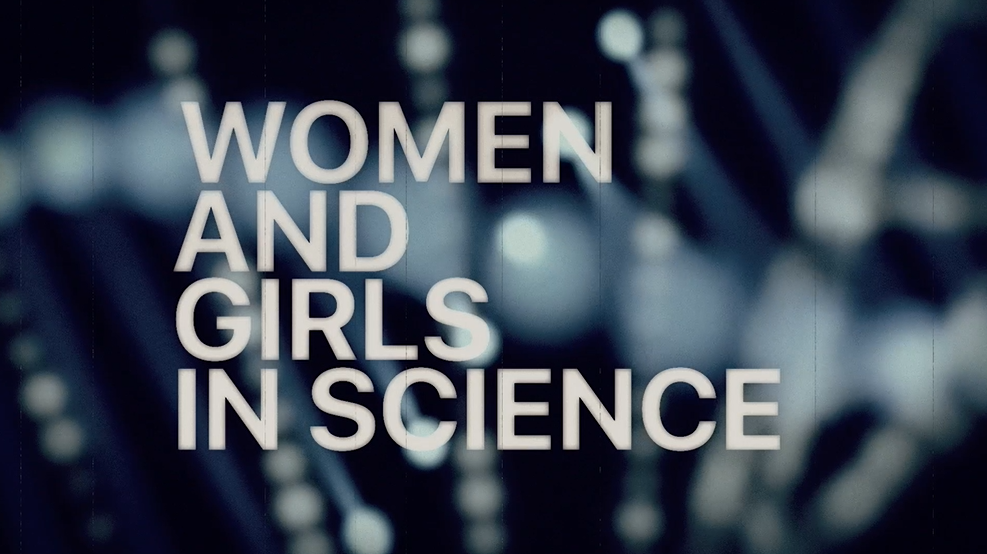Celebrating Women in Science: Ilona Bobek

Celebrating Women in Science: Ilona Bobek
According to UNESCO data (2014 – 2016), only about 30 per cent of all female students choose science, technology, engineering and mathematics (STEM) fields in higher education. In addition, 35.6 per cent of principal authors in medical research are women, and only 25.8 per cent are senior authors of academic articles published in high-impact journals.
Therefore, the identification, celebration, and visibility of women’s achievements can help change the narrative of women in STEM. In celebration of Women and Girls in Science Day on February 11 and International Women’s Day on March 8, ESICM has been realising a series of videos highlighting some of the brilliant women who are part of our ICU community. While we are aware that this is not an exhaustive representation, we hope their example will inspire other ICU professionals, researchers and educators.
Ilona Bobek is Head of the Department of Anaesthesiology and Intensive Care Medicine at Szent István and Szent László Hospital in Budapest, Hungary.
As a medical student, she was impressed by a patient’s case and decided Intensive Care Medicine “was the field for me. I like physiology and pathophysiology and the complex nature of this specialisation. So my life is about Intensive Care.”
“I come from a Central-European country, which was still socialist when I was educated. So a woman’s position in Hungary was, and still is, more special”, she recalls. But she assures things changed dramatically during her career.
“I had to struggle a lot because Intensive Care belonged to the surgical teams, so usually, I had a male surgeon boss. However, now we have independent units. So I don’t feel I have any disadvantage as a woman in Intensive Care, and, in general, it’s easier now to be a woman and a female leader in this field in my country”.
However, there are still difficulties for women who wish to pursue medical research careers. “What I am trying to do and suggesting to my young female colleagues is: be brave. As a Head of the Department, I encourage them to do research, and when I ask, ‘why don’t you do your PhD? Why don’t you want to put more energy into your career’, they answer it’s because of the family. I reply that family and career can be parallel, and you can manage both. They don’t believe me, but I try to support them very much, whether female or male. To me, they are all equal”.“